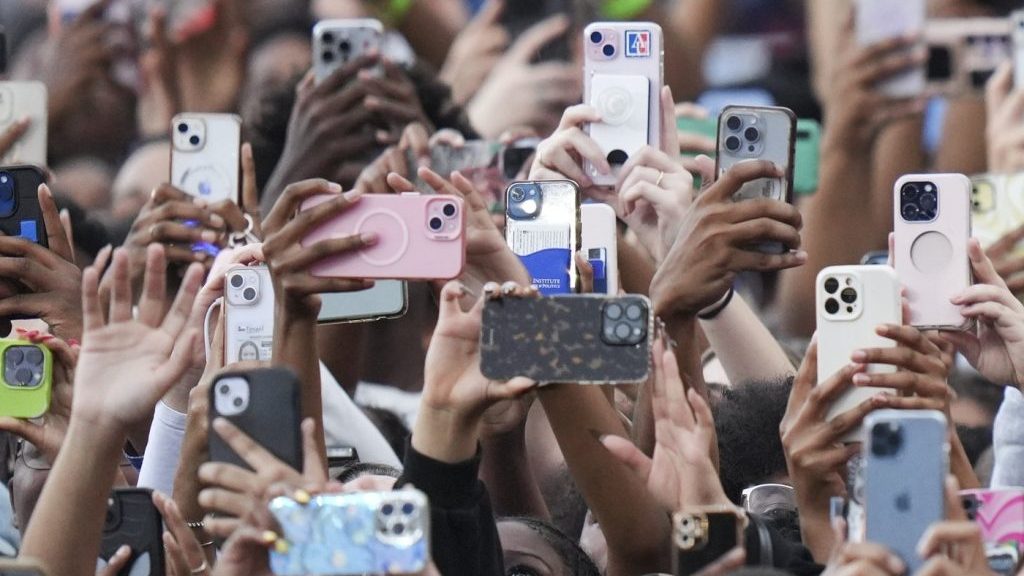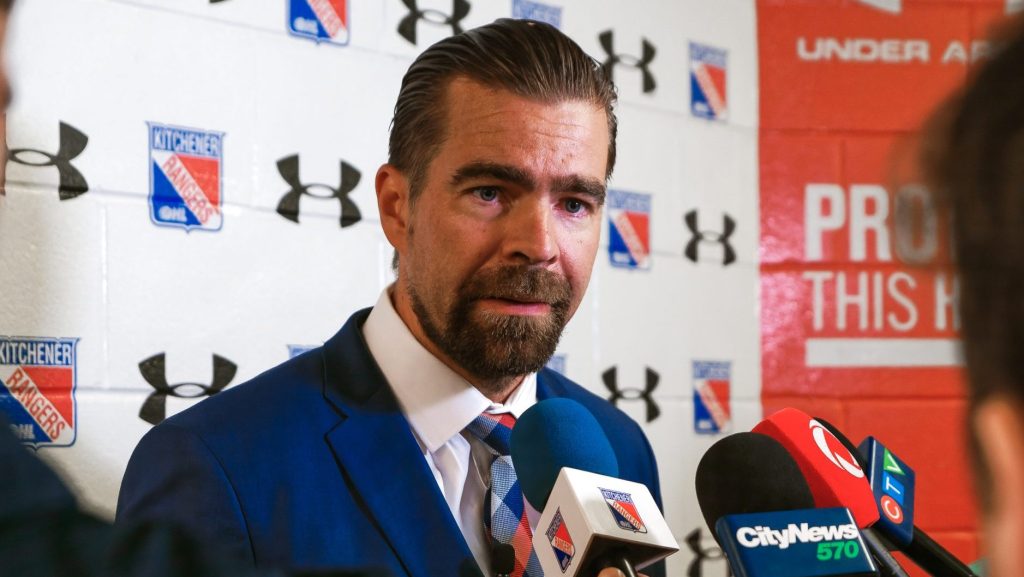Influencers could make or break the federal election: University of Ottawa report

Posted Apr 12, 2025 02:57:54 PM.
With the federal election just over two weeks away, it is very difficult to open social media without seeing some sort of political content. New research from the University of Ottawa shows the impact that social media influencers can have on parties’ campaigns, particularly on younger voters, could set their fate.
They conclude that influencers far exceed simple advertising in their ability to shape and interpret news, and impact voter behaviour.
“While typically thought of as just another type of advertisers, the report shows how influencers play a wider variety of political roles such as advertisers, celebrity endorsers, campaign volunteers, data brokers, journalists and media outlets, and lobbyists,” states a press release from the University of Ottawa. “This array of roles makes political influencers hard to define, identify, and regulate. Influencers can at once reach new audiences as a force for increased democratic engagement while also being used in problematic ways, allowing for breaches in data privacy, wavering editorial standards, political manipulation and evasion of spending limits and transparency laws, to name a few.”
Professor Elizabeth Dubois and co-author Louise Stahl led a team of researchers who analyzed notable global election campaigns of recent electoral races, including the United States, Germany, Nigeria, India, Brazil, and the United Kingdom.
The authors define influencer as “online personas that gain a following and often build a sense of community through their frequent posting of content across one or multiple social media platforms”. Influencers are also referred to as content creators, streamers, YouTubers and TikTokers.
The researchers note that influencers provide a unique advantage to political parties because of the unique parasocial relationship they have with their audiences that can increase authenticity and trust. They also provide a wide reach, the ability to target audiences, and the ability to bypass traditional electoral advertising regulations.
During the 2024 U.S. election, the Democratic Party allocated approximately $2.5 million towards agencies that work with influencers. These influencers were invited to events and some even had access to campaigning politicians to create content.
The advent of influencers presents both advantages and challenges for the upcoming Canadian election. With voter turnout across the country suffering, influencer content can help engage apathetic audiences. A 2020 survey from elections Canada found that most Canadians believe young people are not voting because they feel distanced from the political system, or because they lack information about it.
According to the Digital News Report, 46 per cent of Canadians get at least part of their news from social media. That number only increases for young people. A study by Kaiser & Partners found 85 per cent of the time, Gen Z Canadians seek news first on social media.
Dubois and Stahl show that in the 2022 Brazilian election, social media influencer Felipe Neto was able to target people who tended to be apathetic towards politics.
But on the other hand, the researchers note that unlike journalists or established media outlets, influencers can be greatly puppeteered by individual parties. Influencers are also not held to the industry tenant of truth which can advance the spread of mis- and disinformation.

Perhaps the most notable example is Jordan Peterson’s January interview with Pierre Polievre. Despite the controversy surrounding the media commentator, the interview was nearly five million times on YouTube.
“We know social media influencers are being integrated into campaign strategies in many ways and we know their content can resonate strongly with potential voters, what we often don’t know is if and how they are paid, whether they are working with a partisan group, or what their ethical standards are,” Dubois says in a press release.
Dubois and Stahl suggest it would be naive to discontinue the impact that influencers have and instead argue the need to encompass them within the existing media ecosystem which includes holding them to account and demanding ethical, transparent and plural coverage.
Overall the research calls for enhanced media literacy so the public can identify the difference between factual reporting and sponsored content.








